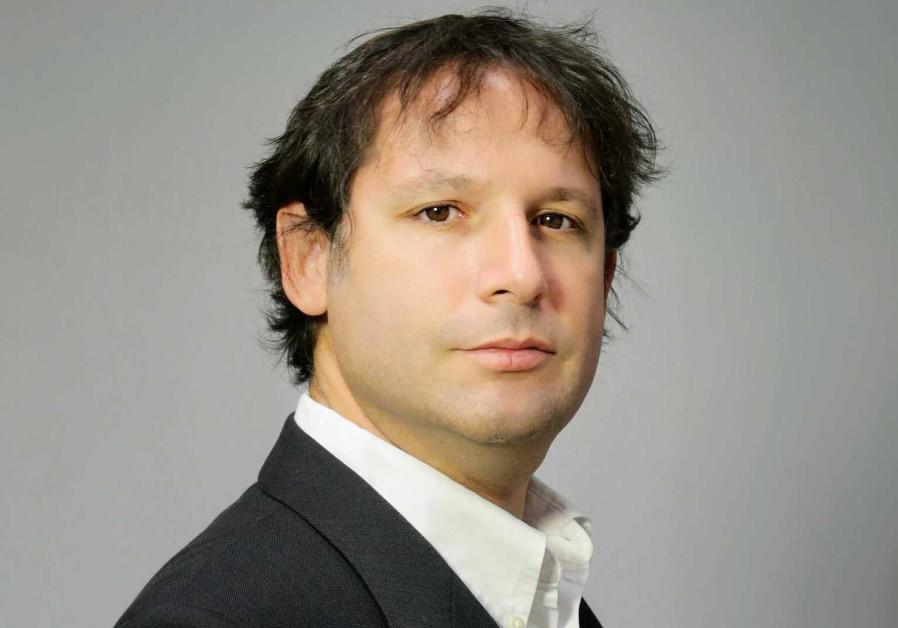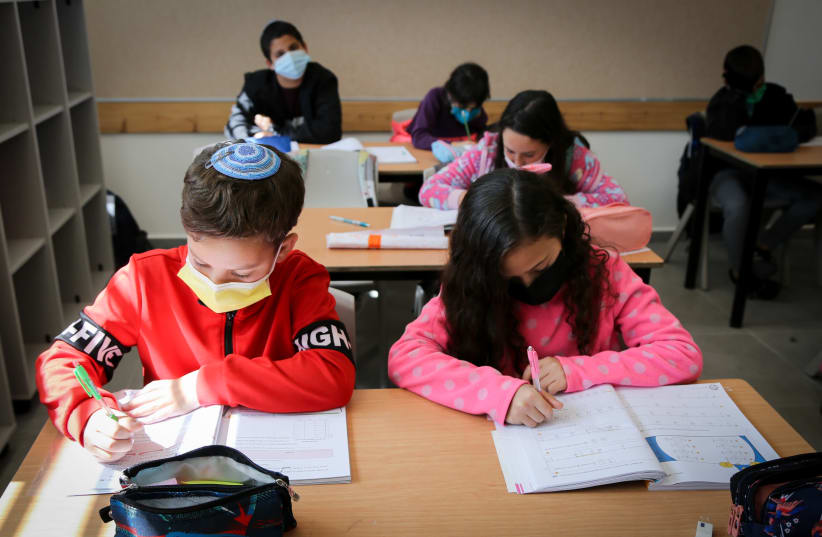
He told The Jerusalem Post that while COVID-19 created numerous educational challenges, it also demonstrated the power of integrating technology into the classroom.
But he said there is concern that the education system will revert to old pedagogical patterns as the country exits the pandemic. As such, Yablon said parents, teachers, students and the government should work together to ensure that these new practices are sustained.
“We can easily drop this ball,” Yablon said. “People understand the importance of integrated learning, but everyone could easily go back to their old habits.”
Yablon spoke to the Post the day after his university hosted a conference titled “The Sixth Conference of the Learning Sciences in Israel,” which brought together educators from across the country as well as Education Ministry officials.
“I learned this year that nothing is impossible,” said Kobi Refaeli, the head of the ICT department at the ministry, at the event. “The creativity and mental flexibility were forthright – all with the aim of giving quality tools to educational staff.”
He highlighted how the ministry worked with the Israeli Broadcasting Corporation to produce a series of online educational lectures within two weeks to help educate the country’s children while schools were closed. The ministry also provided technological training to help close gaps among teachers.
Keren Raz-Netzer, principal of Meitar High School in Ganei Tikva, said the school system “is completely different from what we knew.”
Teacher Matan Barak said that the year transferred responsibility to the hands of the students; teachers could not know what students were doing on the computer during class, and it was up to them to pay attention and succeed. He said he was able to test students in creative ways and to transform school from a “grades factory” to something more personal.
However, children suffered greatly during the past year. A ministry report published in April found that there has been a 30% decrease in basic skills among first- through third-graders, and a gap of about 30% has developed in the core subjects, such as math and English, among students in grades 7-10.
Students have decreased motor and physical skills, and school counselors reported that one in three students was suffering from emotional distress, and that there was a 25% increase in risk assessments for suicide by educational psychologists, the report showed.
“There is nothing much we can do about this year,” Yablon admitted to the Post. “The question now becomes what happens this summer and what are our expectations for next year.”
“We expect the teaching staff to maintain their abilities and also to routinely integrate technology into the curriculum,” Refaeli said.
But Yablon said that efforts by teachers and students will not suffice. The ministry will also have to change curriculums and matriculation exams.
“This is a bottom-up and a top-down process,” he stressed. “Unless they meet in the middle, it won’t happen.”
“I have a history of sitting on this and that advisory board or committee, and we wrote reports, and unfortunately I saw so many reports be published and presented and none of the recommendations were ever done,” Yablon said.
He said the public must press for change to happen and support teachers through the process, too.
“I think this time there is potential for change,” he said. “I am really convinced we are at a turning point.”
